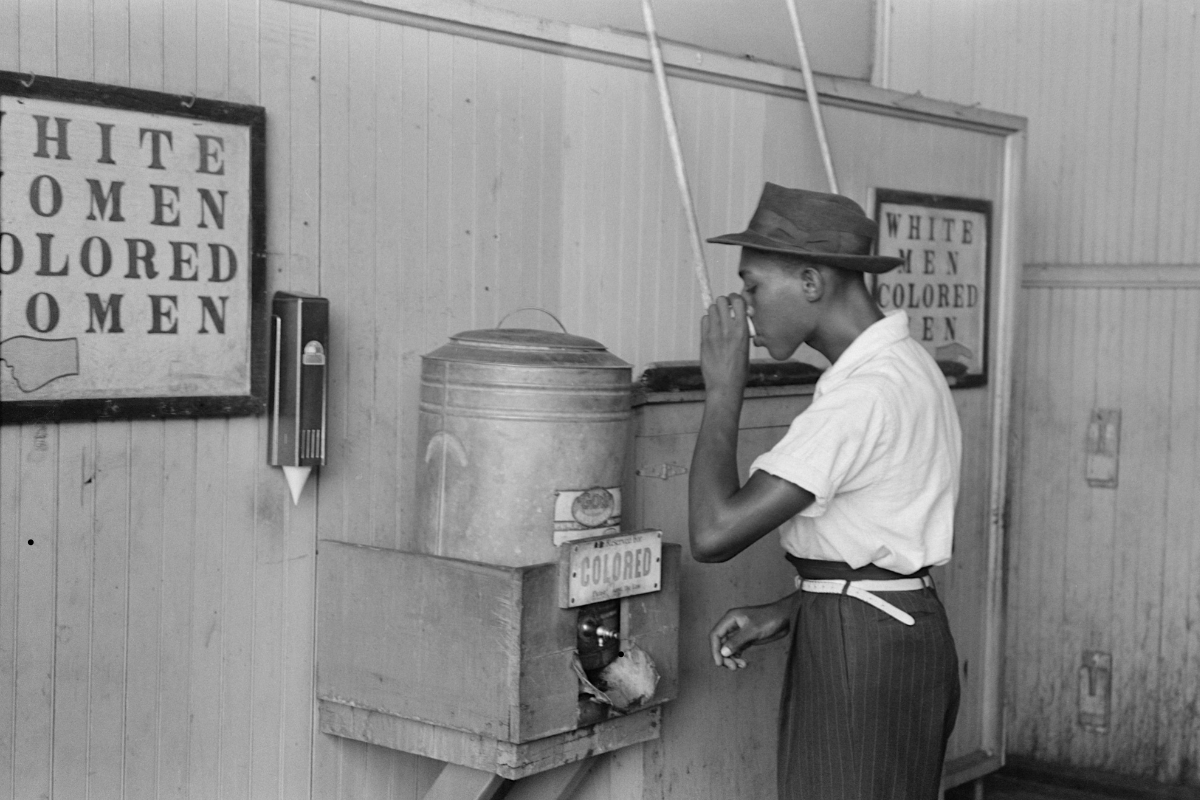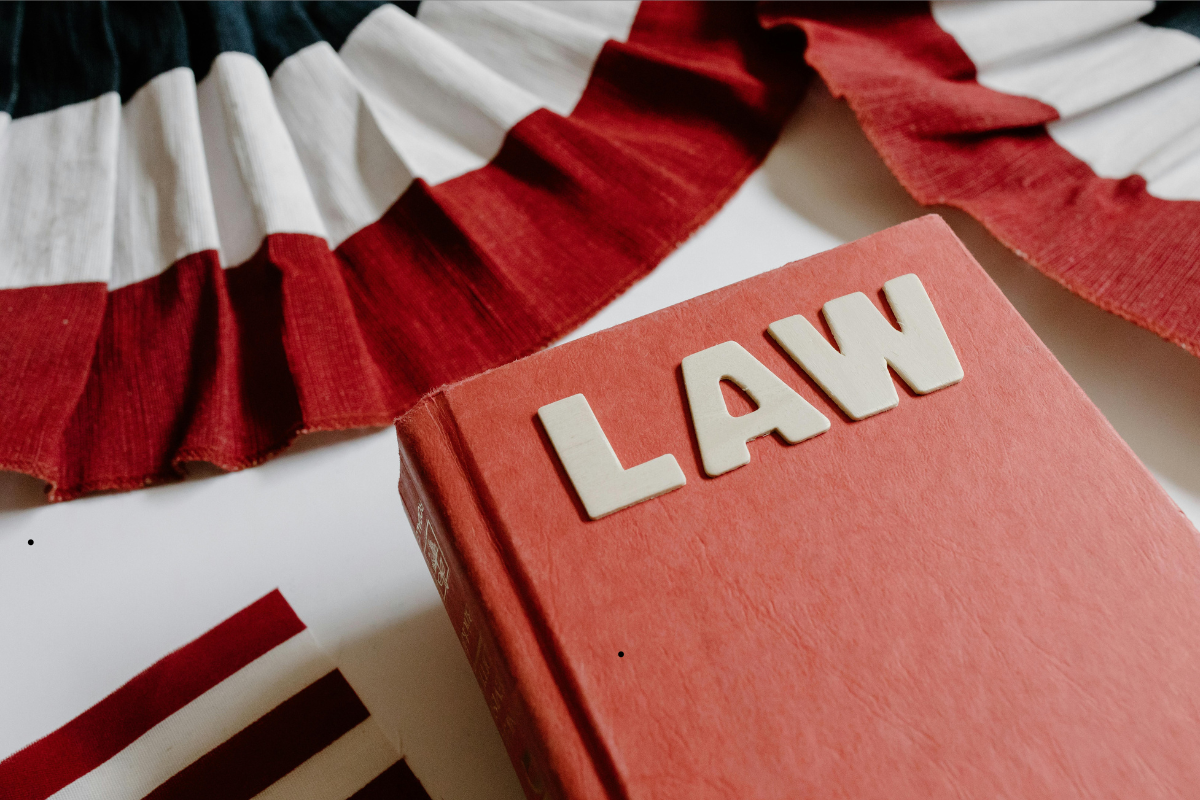Jerry Ford: No Fan of Gerrymandering
Printed in March 1812, this political cartoon was made in reaction to the newly drawn state senate election district of South Essex created by the Massachusetts legislature to favor the Democratic-Republican Party. The caricature satirizes the bizarre shape of the district as a dragon-like "monster", and Federalist newspaper editors and others at the time likened it to a salamander.
America takes pride in its democracy. We tell ourselves that every citizen has an equal voice, that elections are fair, that power flows from the people. At the heart of this creed is “one person, one vote,” the principle that every ballot should carry equal weight. Anything less erodes the promise of our constitutional republic to its citizens: all of us are equal in our citizenship.
The erosion became glaringly apparent in August 2025 when Texas Democrats in the Lone Star legislature refused to show up to vote on a Republican redistricting map. Their aim was not just to deny the Republicans a quorum to vote on the measure; it was also to garner national attention. And it backfired. Ironically, these same Democrats fled to Illinois, one of the most absurdly gerrymandered states in the U.S. While some 54 percent of Illinois citizens vote Democratic, 84 percent of the state’s delegation on Capitol Hill carry the Democrats’ flag. To paraphrase George Orwell, all Illinois citizens are equal, but some are more equal than others.
Now, the Texas Republicans are hardly blameless. They sliced and diced fast-growing Latino populations to keep their grip on power. The action of Texas Republicans prompted California Democrats to retaliate. Behind the veneer of an “independent” commission, congressional maps were generated that conveniently shored up the Democrats’ state delegation on Capitol Hill. Different states, different parties, same game. Both sides use gerrymandering to lock voters into place and lock themselves into office.
The Shell Game
Gerrymandering is an old American custom, and certain kinds of gerrymandering are technically legal. Courts have long called redistricting a “political question” and washed their hands of it. As long as the lines don’t explicitly discriminate by race, map-drawers usually get away with it. But when maps dilute the voting strength of racial or language minorities—what experts call vote dilution—then the courts step in. That distinction is important but also maddening. Because in practice, the line between “ordinary” gerrymandering and unconstitutional vote dilution is blurry. Politicians exploit that blur.
The result? Districts so safe that general elections no longer matter. The only real fight happens in primaries dominated by the most ideological voters. The winners march into Congress with little incentive to compromise. Polarization hardens. Gridlock deepens. And ordinary citizens are left muttering: What difference does my vote make?
Ford’s Warning
A student of history, Gerald Ford was well aware that America’s founders had indulged in gerrymandering. An attorney, he knew that the courts had long tolerated it. A realist, he understood that the practice would not disappear. But he was sufficiently concerned about the more extreme cases of gerrymandering to raise a red flag because of the bigger danger it posed: A democracy stripped of genuine competition is a democracy weakened.
“Gerrymandering,” declared Ford, “rips off the American voter.”
That line still stings. Gerrymandering robs citizens of real debates and real choices. It strips deliberation of vitality. It turns Congress into a collection of insulated fiefdoms where incumbents face no serious challenge and ideas go untested. In such a system, voters in many districts aren’t so much sovereign citizens as they are pawns who are expected to rubber stamp predetermined election results.
Ford’s warning was prescient. He witnessed first hand how gerrymandering contributes to division, dysfunction, and distrust. By predetermining outcomes, it discourages turnout and fuels cynicism. It rewards extremism over pragmatism. It teaches citizens that elections are stage-managed productions rather than genuine contests. And once people conclude the game is rigged, trust in the system declines.
Distrust is more dangerous than any partisan squabble. A democracy can survive bitter fights over policy. It cannot survive widespread cynicism about the fairness of elections. Mencken put it with his usual bite: “Democracy is the theory that the common people know what they want, and deserve to get it good and hard.” When gerrymandering rigs outcomes, Americans get it “good and hard”—a politics that rewards manipulation over representation.
We Can Do Better
America can do better. We should do better. Either we tolerate maps that rip off voters, or we reform the system to ensure genuine competition. Gerrymandering may be old, but so was slavery—age does not make injustice noble.
So what’s the alternative? Some states have experimented with independent commissions that actually act independently. Others are exploring algorithmic mapping that emphasizes compactness and competitiveness over partisan advantage. None of these solutions is perfect. But they move us closer to Ford’s vision: competitive elections where ideas and candidates are revealed in the open, not concealed in back rooms.
Ford’s admonition rings louder than ever. Gerrymandering cheats voters, weakens Congress, and poisons democracy. One person, one vote—equal weight for every ballot—is not just a slogan. It is a cornerstone of our republic. Strip it away, and the whole structure trembles. Keep it strong, and our democracy still has a fighting chance.





